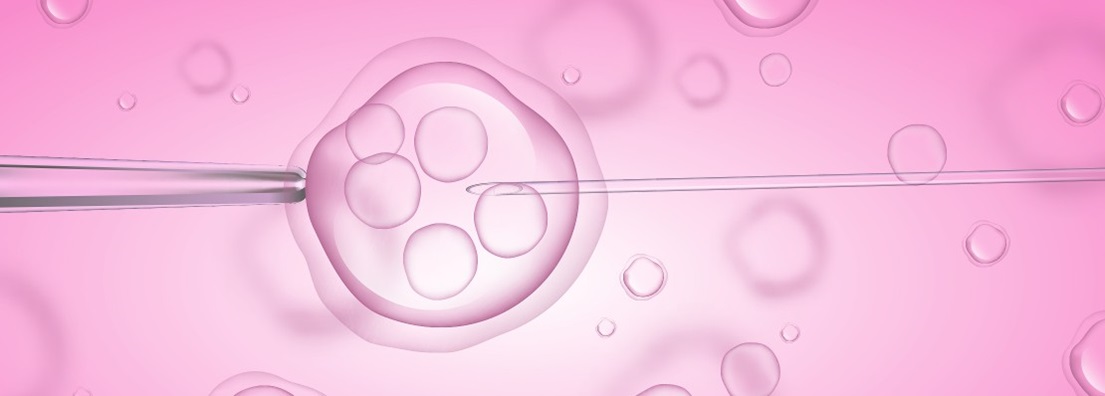Vision and mission
The creation of the Medically Assisted Reproduction Unit Assisting Nature Larissa - IASO Thessalias, started from our deep love for humans and our dedication to the science of Human Reproduction. Our mission is to offer high-level assisted reproduction services, providing the most modern and safe treatment methods to couples who will trust us, in order to help them become parents quickly.
The team of scientists, doctors and embryologists, who constitute our Units staff, have specialized in the best universities abroad and are distinguished members of the global reproductive medicine community. They have extensive experience and a large number of successes on their resumes. Their studies are published in the most reliable scientific journals of the specialty and they themselves are regularly invited to give lectures on the modern treatment of infertility around the world.
The embryology laboratory is the core of our Unit. The combination of a highly trained staff and a modern, state-of-the-art laboratory equipment contributes to our optimum efficiency with pregnancy rates of over 50%.
Our goal is absolute transparency, the traceability of the genetic material at every step of the effort and the ideal conditions for culture/monitoring of all stages of an embryo's development.
Doctors, embryologists, geneticists, midwives and administrative staff, we are working together, in harmony, to ensure a smooth treatment journey for our couples.
-
Fertility evaluation (female and male)
- Full hormone testing
- Ovarian reserve testing
- 3D ultrasound
- Hysteroscopy
- Painless Hysterosalpingo Foam Sonography– HyFoSy
- Semen analysis
- Sperm DNA fragmentation (DFI, DNA Fragmentation Index)
- Sperm Fluorescent in situ hybridization- Sperm FISH
- MiOXSYS – Oxidation-Reduction Potential (ORP)
- Genetic counseling
-
Assisted Reproduction Treatments
- Intrauterine insemination (IUI)
- In vitro fertilisation (IVF)
- Intracytoplasmic sperm injection (ICSI)
- Natural and modified natural cycle IVF
- Egg donation IVF
- Surrogacy
- Sperm donation
- Fertility Preservation (egg, sperm, embryo, ovarian tissue, testicular tissue cryopreservation)
- Testicular biopsy using the microTESE procedure
-
Techniques
- Blastocyst culture
- Blastocyst biopsy
- Assisted hatching of embryos
- Vitrification
- Time-lapse embryo monitoring
-
Preimplantation genetic testing
- Preimplantation genetic testing for monogenic disorders (PGT-M)
- Preimplantation genetic testing for aneuploidy (PGT-A)
- Preimplantation genetic testing for structural chromosomal rearrangements (PGT-SR)
-
State-of-the-art embryology laboratory equipment
- Hepa filters and carbon filters offer filtration and high-quality sterile air under positive pressure.
- "Clean room" conditions with low VOC levels thanks to the Air Shower system and the air conditioning and ventilation system (HVAC)
- Antimicrobial panels (Covid-19 free)
- Octax Log & Guard alarm quality control system of 24-hour monitoring of laboratory parameters
- Laminar flow cabinets, Class II, ensuring ideal protection conditions for samples and embryologists
- Appropriate lighting and fixed temperature
- Benchtop Incubators - New generation (embryo incubators): G210 plus K-SYSTEMS
- Time-Lapse Incubators (constant monitoring incubators)
- RI Witness using RFID technology (Radio Frequency Identification) for absolute transparency, traceability and identification of genetic samples at every step of the process
- Laser system for carrying out embryo biopsy, as well as assisted hatching
- Microsurgical extraction (micro-TESE) performed with a high-magnification surgical microscope. The advantage of this technique compared to the classic testicular biopsy is that sperm is found in a high percentage, even in men who had undergone a classic biopsy and no sperm was found.








